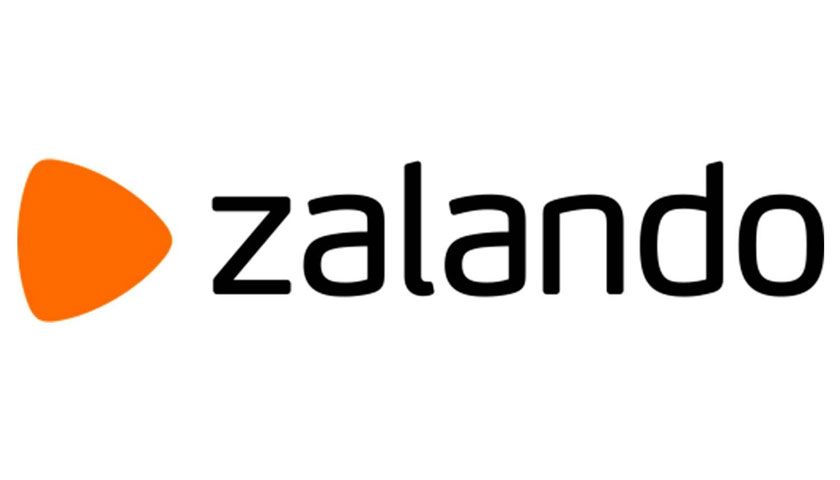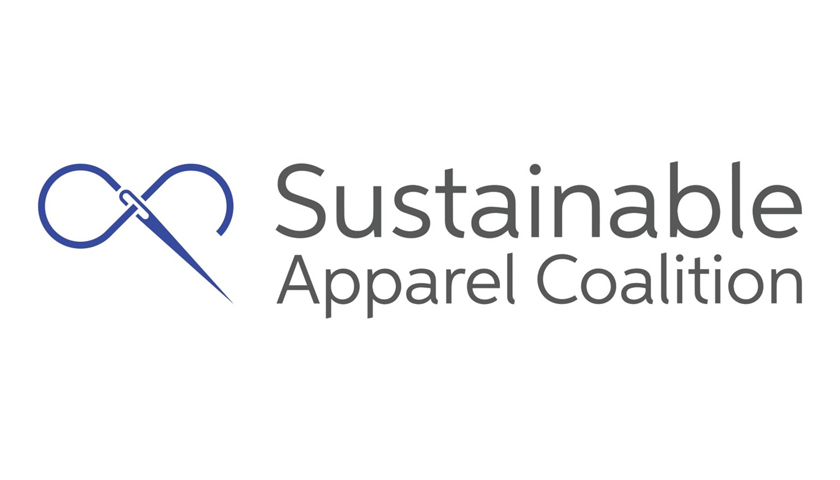Zalando, the Sustainable Apparel Coalition (SAC) and Higg Co announced a new collaboration to accelerate a global sustainability standard in the fashion industry. Zalando is the first retailer to use the SAC’s updated version of the Higg Brand & Retail Module (Higg BRM) to make sustainability assessment mandatory for brands selling on its platform. As part of this push toward industry-wide change, Zalando will gather comparable sustainability data from its partner brands to understand where the challenges of the industry are both individually and collectively. Higg BRM data will help Zalando identify trends and explore how to develop solutions to drive meaningful and lasting improvement in collaboration with its partner brands.
The Higg BRM is a tool that provides brands and retailers with a comprehensive way to assess their performance around ethical and environmental parameters such as human rights, fair wages or carbon dioxide emissions. Users can organize their sustainability priorities based on the results. All SAC brand and retail members will eventually use the Higg BRM to measure their sustainability performance and progress, making it possible for the apparel industry to compare sustainability at brand level.
“As Europe’s leading online platform for fashion and lifestyle, we want to raise the bar, act first and bring our partners on the journey to address today’s most important issues: climate change, use of resources and worker rights. As part of our sustainability strategy, do.MORE, we have made assessments around ethical and sustainable parameters for our brand partners mandatory. The Higg BRM will help us achieve our goal to continuously increase our ethical standards and by 2023 only work with partners who align with them,” says Kate Heiny, Director Sustainability at Zalando.
“Zalando’s decision to require its partner brands to use the Higg BRM will serve as a catalyst for bringing the industry together towards a standard system for sustainability measurement. This is how we can implement and achieve lasting change,” says SAC Executive Director Amina Razvi.
“Sustainability” is a loaded term. It can be difficult to define and even more difficult to understand. There are hundreds of certificates, labels and initiatives in the market, and the line between where sustainability begins and ends can be blurry.
All brands and retailers have their own assessments and different goals. The industry has been missing a common method to measure sustainable performance. Higg Co, a standalone technology company, was spun out of the SAC in 2019 to address this gap and develop technology behind the Higg Index and its suite of industry tools, including the Higg BRM, to accelerate global supply chain sustainability beginning with the fashion industry. Higg Co is working with Zalando to support the company and its partners in implementing the Higg BRM.
“The Higg BRM will establish a global standard for fashion brands and retailers to measure and talk about sustainability performance,” continues Kate. “For the first time we will have comparable data at brand level to identify improvement areas and work on solutions collaboratively. The SAC as an independent and globally structured organisation is positioned to drive this necessary change in the fashion industry.”
The SAC is the leading sustainability association for the apparel, footwear and textile industry. The coalition’s 250 global members collaborate to develop the Higg Index, a suite of five sustainability tools that assess social and environmental sustainability performance, identify areas for improvement and enable the environmental and social transparency consumers want. Higg Co develops the technology platform that hosts the Higg Index. “More strikingly than ever, the coronavirus crisis has brought to light many of the challenges the industry faces,” says Amina. “Maintaining strong business relationships, leading with values of sustainability and compassion for the health, safety and well-being of workers around the world, and leveraging sustainability as a lens for both recovery and rebuilding will be critical for the industry.”


